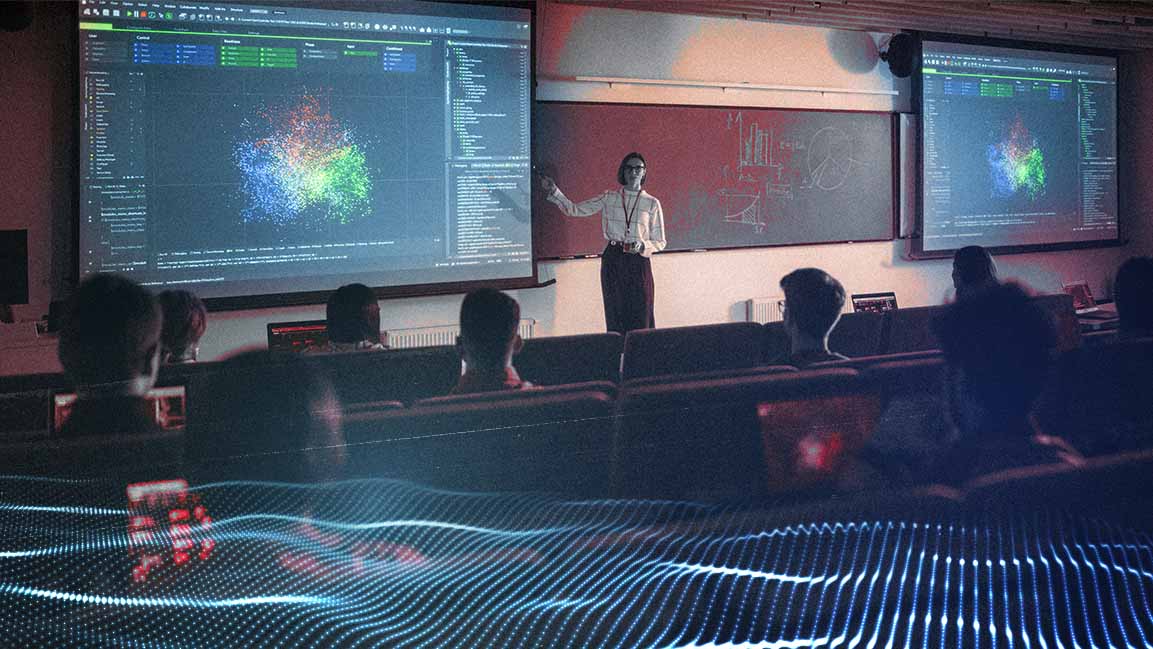- | 2:00 pm
UAE tops MENA in AI skill acquisition, surpasses global growth rates: Report
UAE learners are keen in advancing their AI and machine learning skills.

People in the UAE are becoming increasingly curious about artificial intelligence (AI) and its adoption across sectors. This growing interest is reflected in Coursera’s enrollment data, which shows a 1,102% increase in registrations for generative artificial intelligence (GenAI) courses over the past year.
According to Coursera’s Global Skills Report 2024, the UAE outpaced the Middle East and North Africa’s (MENA) 861% year-over-year growth in AI course enrollments and the global rate of 1,060%.
“Compared to other markets, the UAE has a higher number of expats, so the workforce structure may be more inclined to adopt technology-related or technology-impacted roles,” said Nikolaz Foucaud, Coursera’s managing director in Europe, Middle East, and Africa.
The report highlighted that the surge in interest in AI skills puts the UAE at the forefront of AI education globally, ranking third in the GenAI sector after the US and China. Meanwhile, Saudi Arabia leads in GenAI course enrollment in the Middle East, recording a 1,788% year-over-year growth.
“The launch of ChatGPT as a global phenomenon for sure has impacted the appetite for learning,” said Foucaud.
Despite the UAE leading the MENA region and ranking 34th globally in business, technology, and data science skills proficiency, the report stresses the need for upskilling employees in technology, which currently stands at a 42% proficiency rate.
“Given the job titles that are of primary interest to learners, there is a heightened requirement for technology skills compared to other countries. To meet the demands of local employers, we see that the expectation for technology assessments could be even higher,” said Foucaud.
Coursera also noted a 17% year-over-year increase in cybersecurity course enrollments. “The urgency of understanding the technology has never been so high, and it’s not just ChatGPT-related. It’s more of a phenomenon of ‘it’s becoming real’ for people,” Foucaud said.































